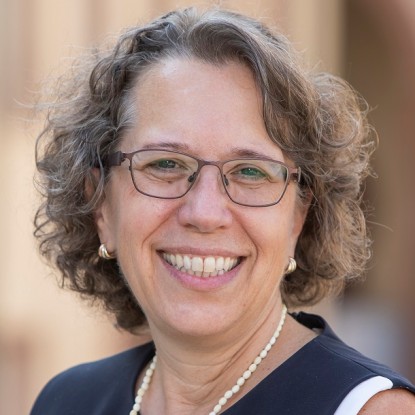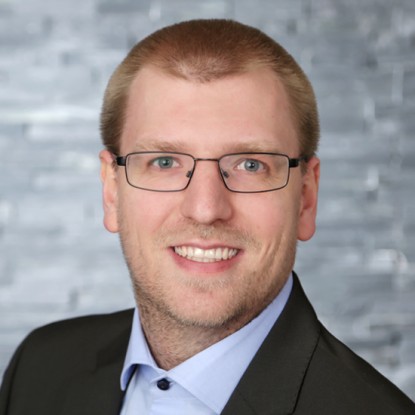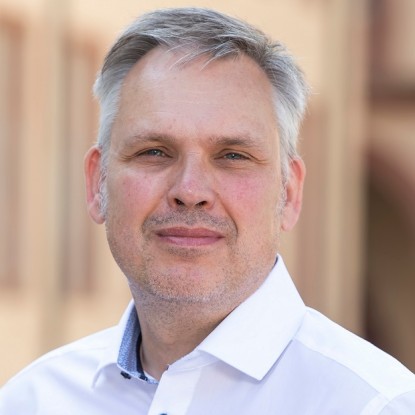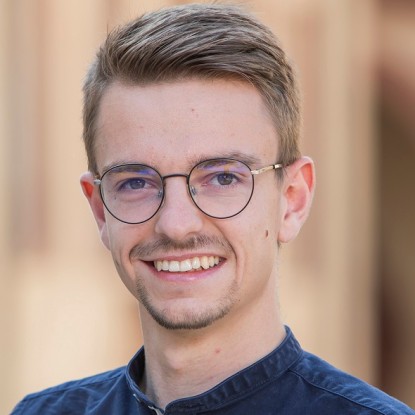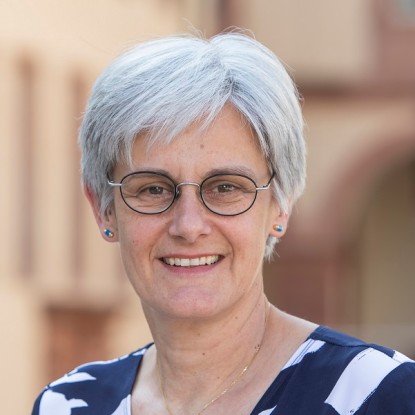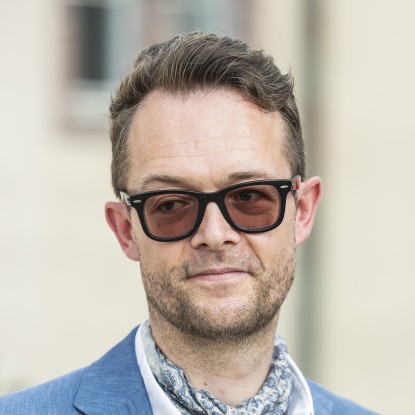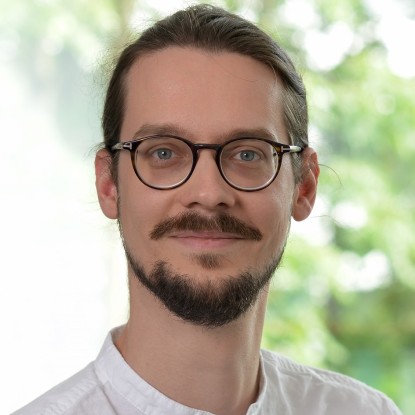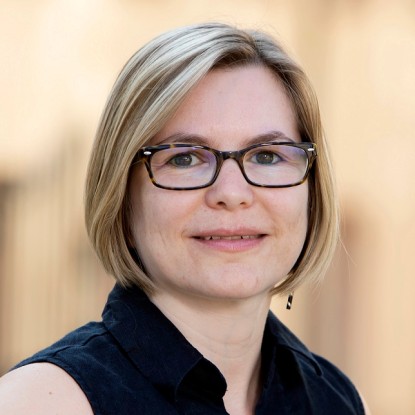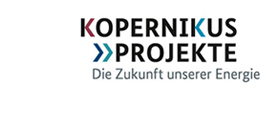
Kopernikus Project Ariadne
One thing is certain: political measures are needed to achieve the goals of the Paris Climate Change Agreement. The Kopernikus project Ariadne is researching which policy instruments are actually suitable for this purpose. From a better understanding of the effects of individual political measures and policy paths to an overview of the entire system – together with actors from politics, energy system transformation and society, the project is investigating meaningful strategies for energy system transformation and their acceptance by citizens. The project continuously compiles findings and results on a multimedia website.
According to the current state of knowledge, the political efforts of the Federal Republic are not sufficient to achieve its own ambitious climate protection goals. The Kopernikus project Ariadne (full name: Ariadne – Evidence-Based Assessment for the Design of the German Energy System Transformation) shows possibilities to change this. At the heart of the project is a Green Paper White Paper process – it aims to present decision-makers with options for shaping policy in such a way that compliance with climate protection targets would be possible with socially accepted policy instruments.
The Green Paper: What is politically possible
The basis of all work is first of all an inventory of the status quo. What political measures are already in place to achieve the climate protection goals? Are they sufficient to achieve the climate targets? What measures are being used by other countries? And are they transferable to Germany? If so, what effect did they have in Germany? What impact do they have on the question of distribution? What other measures are conceivable in addition to the existing ones? What are legal obstacles? And how would political institutions have to position themselves in the future to implement new measures? From the CO2 tax to the ban on fossil fuels – Ariadne analyses all possibilities.
Ariadne thinks about possible measures in a systemic way: Although it includes knowledge of the transport, building, industry and electricity sectors in its research and also develops sector-specific solutions, the aim is to create an overall picture of technologies, instruments and regulatory and social conditions.
From the very beginning, political decision-makers, citizens and stakeholders are involved in this process through a dialogue process. The aim of this process is to produce a multimedia online Green Paper. It describes possible options for managing energy system transformation.
The White Paper: What is socially accepted
Ariadne sees the results of the Green Paper process as the basis for a second round of consultation: In dialogue forums and citizen dialogues with politicians and stakeholders in the energy system transformation process, the project discusses the options developed in the Green Paper. Ariadne evaluates which political measures meet with public approval and which do not. For example, up to what price the population will support a CO2 tax and when they will oppose it.
The same objective is also served by a household panel that Ariadne is developing to measure the impact of policy instruments and changes in attitudes in the population.
Ariadne publishes the results of public reactions to Green Paper measures and the results of the panel surveys in an online multimedia White Paper.
How Ariadne constantly updates itself
Through systematic dialogues, Ariadne regularly incorporates new social trends into his ongoing research. In addition, the project continuously determines: What are Germany's climate protection goals? Where does the Federal Republic currently stand? And: How could Germany develop – depending on which scenario is pursued politically?
A constant update of the state of research is a core element of Ariadne. Thus, the project continuously incorporates new social developments into its own research. At the same time, Ariadne also takes into account the progressive development of technical possibilities in its work – in particular by incorporating the results of the Kopernikus sister projects ENSURE, P2X and SynErgie.
As part of the Kopernikus projects, Ariadne thus takes on a bundling role by including regulatory change requirements for the sisters' technologies in the catalogues of political measures and investigating the effects of using these technologies on the German climate balance.



